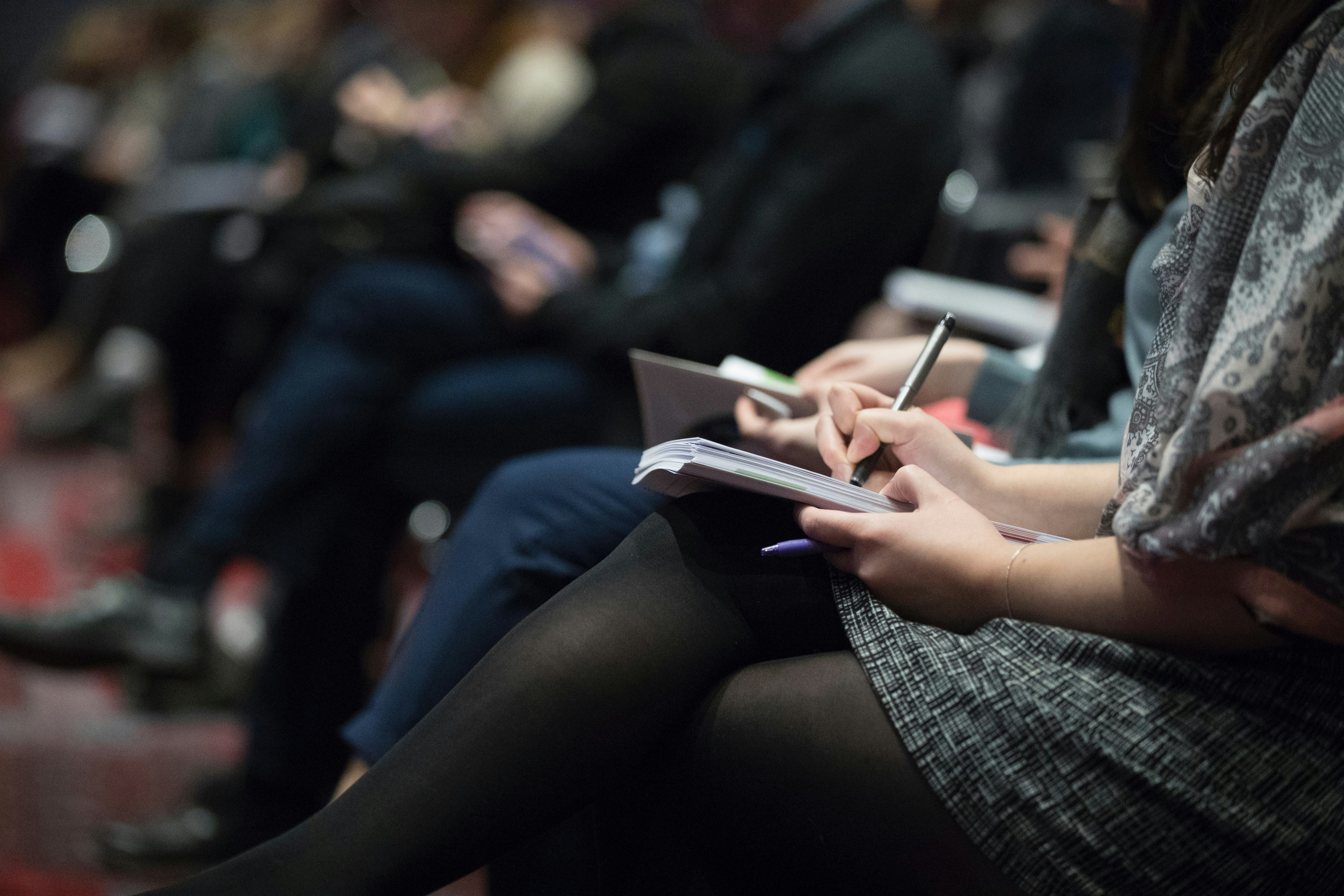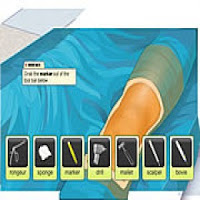#TMRTE 2012: Game Boy Surgeons


You too can be a Game Boy Surgeon at Flashgames247.com
I have a client who manufactures surgical instruments. They're keeping a keen eye on the next generation of physicians ' those who grew up gaming. What they're finding is that these kids, steeped in the gaming dynamic and skilled in hand-eye coordination required to manipulate small objects on a screen will make excellent surgeons of the future. This will be our first generation of Game Boy Surgeons.
I'm attending The Market Research Technology Event and have to admit that listening to Jane McGonigal from the Institute of the Future talk about gaming was startling. One frightening fact she revealed is that the hours spent on Call of Duty could create 4 Wikipedias (the entire thing) each month. That seems like productivity down the drain. At the same time we've heard earlier that response rates to research are declining due to lack of engagement and that mobile research suffers from this to even a greater extent.
So, net, I'm very interested in gaming dynamics and how this can create market research of the future. Game creators thus far have lucked into our field, creating massive amounts of information as an afterthought and then scraping value from it. McGonigal called this 'summoning data out of thin air.' She also shared an example of a university project that used gaming to capture photographs that could then be arrayed into a 3D representation of a place. Think Google Earth captured by you, me and the guy next to you and compiled. This intentional game creation unleashed an 'army of data collectors' where participation becomes results. This is in line with where I think market research needs to go.
One of the strongest emotions evoked by gaming is a sense of creativity. Participants are absorbed into a vast, imaginary context and asked to make decisions that determine the outcomes. The result is 'Eustress' or positive stress when opting into a challenge.
What if instead of asking consumers if they would buy a product, we asked them to create the next generation product? This is actual co-creation, something we've kicked around for years without much success outside applications in qualitative or MROCs. What if creativity were rewarded much like Prediction Markets? That way instead of betting on given ideas, new items were created by the respondents. Maybe this is a melding of prediction markets, evolutionary algorithms and gaming in a way that energizes participants. If we achieve this maybe we won't be talking about lack of respondent cooperation and poor engagement but how crazy it is that consumers are paying us to play our game. In gaming, they would call this an 'epic win.'
-------------------------------------------------
Today's guest post is from Kelley Styring. Styring is principal of InsightFarm Inc. a market research and consumer strategy consulting firm. She has led insights for Procter & Gamble, Pepsico, Black & Decker and NASA prior to founding her own firm in 2003. Kelley is a published author and has been featured in USA Today, ABC News, Good Morning America, Brandweek, Fortune, Quirk's Marketing Research and The Market Research Daily Report from RFL Online. She will be live blogging from TMRTE in next week in Las Vegas, April 30-May 2, 2012.